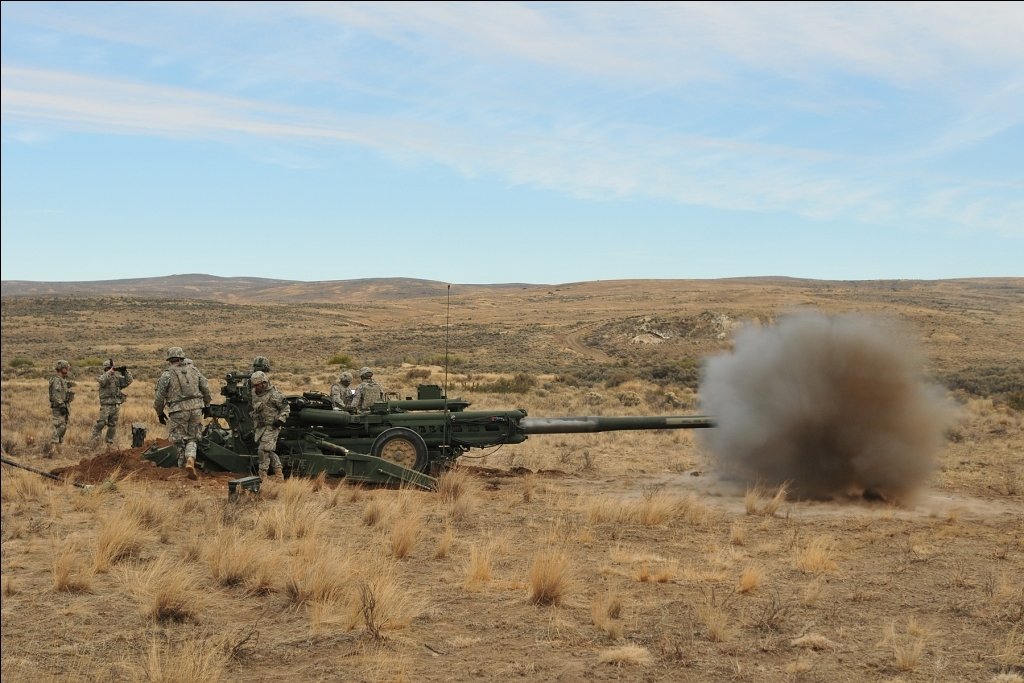7 March 2022
Today, something that is bespoke is something that is made to order. One often sees the word in reference to clothing, as in a bespoke suit. But the word did not always mean this.
The Old English verb besprecan appears eight times in the extant corpus, usually in the sense of to complain about someone or something, or to reproach someone. The Old English sprecan means to speak, and be- is a prefix that originally meant about. So besprecan and the Present-Day bespeak literally mean to speak about something.
Over time though, the be- prefix acquired the meaning of an intensifier. The prefix is still productive, forming new words, but less so than in the past.
Four of the eight surviving uses in the Old English corpus are in the Old English translation of Orosius’s history of the world. Here is one passage from that late ninth-century work that is not translating Orosius, but rather commenting on the work:
Ðyllicne gebroþorscipe, cwæð Orosius, hy heoldan him betweonum, þe on anum hirede wæran afedde and getyde. Þæt hit is us nu swiðor bismre gelic þæt we þæt bespecað, and þæt þæt we gewinn nu hatað, þonne us fremde and ellþeodige on becumað and lytles hwæt on us gerefað, and us eft hrædlice forlætað, and nellað geþencean hwylc hit þa wæs þa nan mann ne mihte æt oðrum his feorh bebycgan, ne furþon þæt þa woldon gefrynd beon þe wæron gebroþra of fæder and of meder.
(Such brotherliness, said Orosius, they preserved between themselves, men who were fed and educated in one household. It is now all the more shameful that we complain about what we now call war, when strangers from foreign lands come and steal a little from us and then promptly leave and refuse to consider what it was like when no one could buy his life from another, nor even those who were brothers born of the same father and mother were willing to be friends.)
Ælfric of Eynsham, perhaps the greatest prose stylist in Old English, also uses the word in one of his Catholic Homilies, a version of the Passion of Peter and Paul, an apocryphal version of some of the events in the biblical book of Acts:
Syððan eft on fyrste he begeat sumne ðe hine bespræc to ðam casere Nerone, and gelámp ða þæt se awyrgeda ehtere þone deofles ðen his freondscipum geðeodde.
(Then after a while he [Simon Magus] got someone to complain about him to the emperor Nero, and so it happened that the accursed persecutor allied with the devil’s servant in friendship.)
In what survives of Old English writing, the use of besprecan to mean simply to speak about, to express an opinion only appears once. This is in Wulfstan’s early tenth-century Institutes of Polity:
Ðæt is, þæt he wite, se ðe hine him to bespece, hu he hades wyrðe sy and hu he hine ærþam gehealden wið God and wið men hæbbe.
(That is, that [the bishop] knows who speaks to him about [the candidate], how [the candidate] is worthy of the hood and how he was safe in regard to God and had avoided the faults of men.)
The paucity of its use is probably due to the fact that so little of Old English writing survives. That sense was probably more common, but by happenstance most of the uses just didn’t survive.
But in Middle English, the literal sense of to speak about, to express an opinion becomes the most common usage, although the sense of complain or reproach remains in common use as well. Here is an example from the late thirteenth-century romance King Horn:
Þan bi spek him amyraud
Of wordes he was swiþe baud
Horn þou art swiþe scene
And follyche swiþe kene
(Then the emir bespoke about him
Of words he was very bold
“Horn you are very noble
And foolishly very brave)
But in Middle English the word also develops a sense of to decide or agree. The early thirteenth-century debate poem The Owl and the Nightingale uses bespeke twice, once in the complaining sense and once in the agreeing sense. While a poem about debating birds may seem a bit odd to us today, it was a common genre in Middle English. The passage here is about wives who are kept cloistered by their husbands and opines that such husbands deserve whatever punishment they get:
Dahet þat to swuþe hit bespeke,
Þah swucche wiues heom awreke!
(To hell with anyone who complains too much
If such wives avenge themselves.)
The agreeing sense of bespeke appears toward the end of the poem:
Lateþ beo & beoþ isome,
An fareþ riht to ower dome:
An lateþ dom þis plaid tobreke
Al swo hit was erur bispeke!
(Stop this and be at peace,
And proceed right to your judgment:
And let the verdict put an end to this dispute,
Just as it was previously bespoke!)
In the late medieval period, the use of well bespoken appears, meaning articulate, well spoken. From William Caxton’s 1473 translation of Raoul Lefèvre’s romance Recueil des Histoires de Troie (Collection of the Histories of Troy):
And there jupiter wold tarye vpon the toppe of a montaigne / and callid to hym his sone Archas that that tyme ne had but .xiij. yere of age but he was right wise and well bespoken.
(And there Jupiter would tarry upon the top of a mountain, and [he] called to him his son Arcas [and said] that although he was only thirteen years old, he was very wise and well bespoken.)
This book, published in Bruges, was the first book printed in English.
We don’t see the Present-Day sense of bespoke, meaning made to order, until the seventeenth century. This passage from Thomas Heywood’s 1607 The Fayre Mayde of the Exchange uses the word in this sense:
My cause of comming is not vnknowne to you,
Here is bespoken worke which must needs be wrought
With expedition, I pray have a care of it.
And Henry Peacham’s 1622 The Compleat Gentleman uses it in a passage about the art of Hans Holbein:
Hans Holben was likewise an excellent Master, hee liued in the time of King Henry the eight, and was emploied by him against the comming of the Emperor Charles the 5. into England. I haue seene many peeces of his in oile, and once of his owne draught with a penne a most curious chimney-peece K.Henry had bespoke for his new built pallace at Bridewell.
John Dryden uses bespoke as a verb meaning to order, to charter transportation. From his 1664 play The Rival Ladies:
Rod[orick]. Have you bespoke a Vessel as I bid you?
1 Serv[ant]. I have done better; for I have employ’d
Some, whom I know, this day to seize a Ship;
Which they have done; clapping the Men within her
All under Hatches, with such speed and silence,
That though she Rides at Anchor in the Port
Among the rest, the Change is not discover’d.
Not only goods and services, but people could also be bespoke or committed to service. From John Gother’s 1701 A Practical Catechism in Fifty Two Lessons warning that dissolute activities will bespoke one to the nether regions:
All that have any thing Disorderly in them, whether in keeping ill hours, or in ill Company, or hazarding too much: and all such as are accompanied with great Temptations, as in Balls, Plays and many other Public Meetings, where the Liberties and other Circumstances, are such, as if all had been bespoke for the Devils Service.
Finally, we get the sense of a bespoke play meaning a command performance. In Charlotte Charke’s 1755 memoir of their life on the stage. Charke, who preferred to be called Charles Brown, was the twelfth child of actor/playwright/poet Colley Cibbey. They preferred to dress in male clothes and undertook activities usually reserved for men. This passage, however, is chiefly interesting for the description of the audience:
At length the bespoke Play was to be enacted, which was The Beaux Strategem; but such an Audience, I dare believe, was never heard of before or since. In the first Row of the Pit sat a Range of drunken Butchers, some of whom soon entertained us with the inharmonious Musick of their Nostrils: Behind them were seated, as I supposed, their unsizable Consorts, who seemed to enjoy the same State of Happiness their dear Spouses were possessed of; but, having more Vivacity than the Males, laugh’d “and talked louder than the Players.”
Bespoke, a nice example of how the meanings of words can change and narrow over time.
Discuss this post





